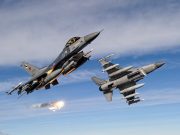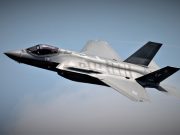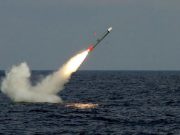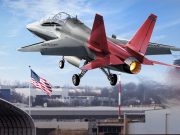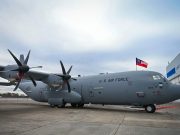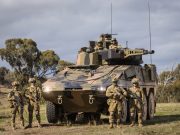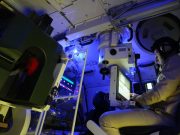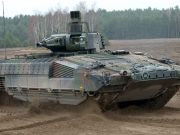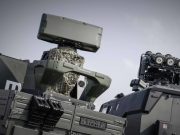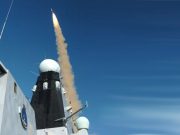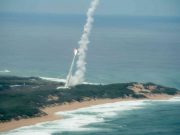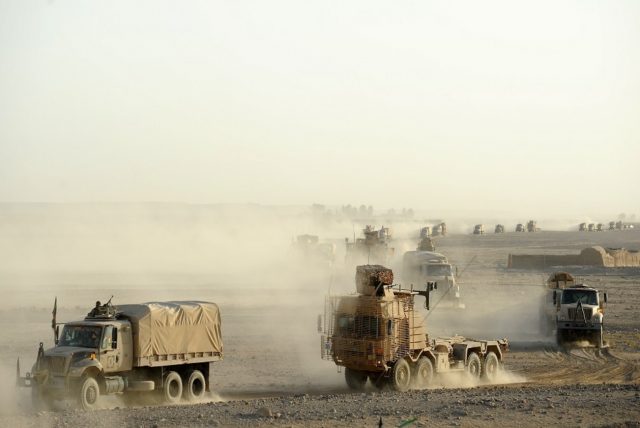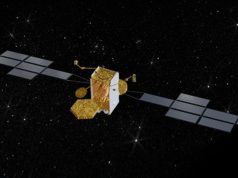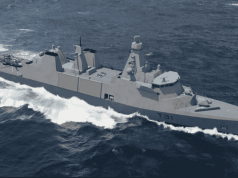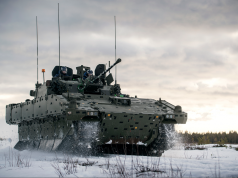The UK defense ministry is looking to learn more about the potential benefits the use of autonomy could bring to logistic convoy operations and is seeking industry input on the topic.
The UK MoD’s Defence and Security Accelerator (DASA) has issued an RFI to better understand the current market capability of robotic and autonomous systems that potentially require further investment or experimentation by MOD. The agency says it is interested in both early technology and mature systems with the potential for integration onto military vehicles.
“This information will provide us with knowledge on the maturity of the solutions that currently exist, novel solutions in development and areas that potentially require further investment by MOD,” DASA said.
DASA is seeking to understand the capability provided by robotic and autonomous systems (RAS) such as artificial intelligence (AI) enhanced autonomous distribution systems and to understand current early technology and mature solutions in this space. This includes autonomy enabled logistics convoys where RAS allows ‘intelligent trailers’ or driverless trucks to be linked together, thereby reducing personnel and fuel requirements, and more mature technology that might allow fully autonomous logistic distribution.
As explained, the focus of the RFI are two key areas, autonomous driving and navigation technologies, and leader-follower autonomy.
Leader-follower autonomy, a capability commonly known as ‘platooning’, appears to be one of the more mature solutions. This is essentially a modern-day interpretation of a World War I wagon-train where, a ‘leader’ vehicle driven by a person would ‘guide’ several self-driving autonomous ‘follower’ vehicles. These automotive-trains, which are essentially linked intelligent trailers, would become more autonomous as the technology matures.
Within these key areas, DASA is looking to understand current levels of autonomy, the complexity of tasks the system can undertake, and the capability to operate in contested environments:
Interested companies have until September 29 to submit their responses, while more information on the RFI can be found here


